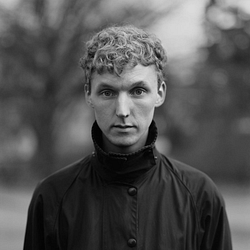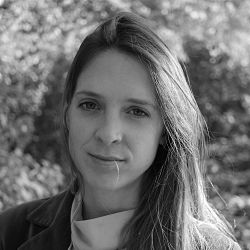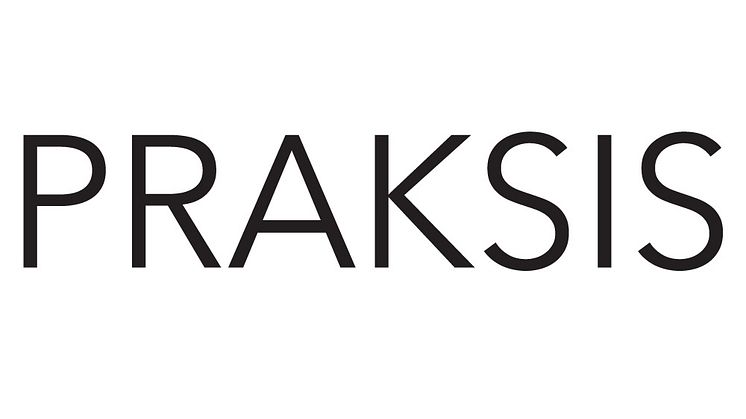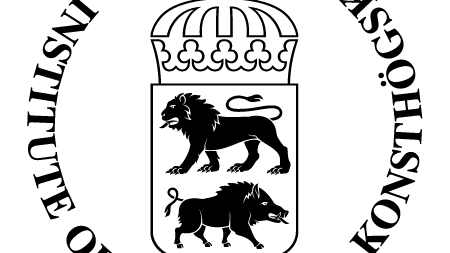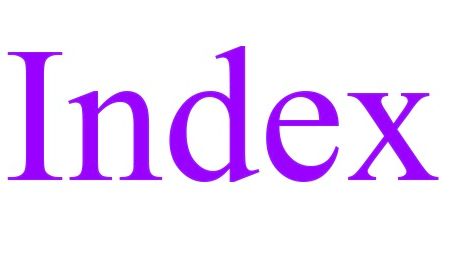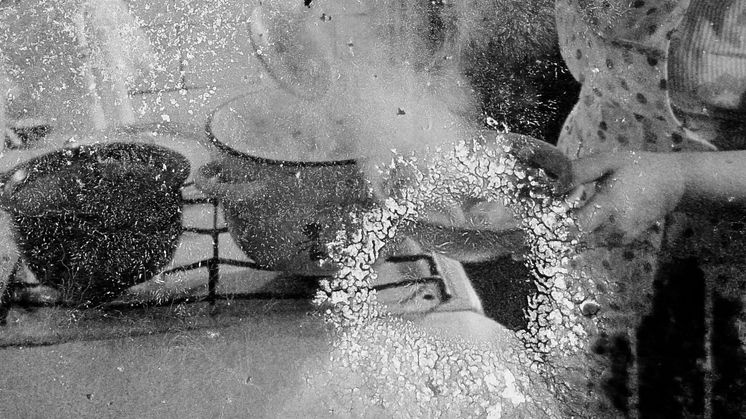
Nyhet -
You are invited: online lectures with Danya Glabau, Nabil Ahmed and Boi Huyen Ngo.
Nature Scribbles and Flesh Reads
– online lectures with online lectures with Danya Glabau, Nabil Ahmed and Boi Huyen Ngo.
I still vividly remember the childhood sensation of visiting my grandmother’s tiny fabric store in the (then) working class neighborhood of Majorna in Göteborg. I would suffer
immediate physical reactions: itchy eyes and throat, nausea and fatigue – plus an emotional conflict between the comfort I felt in the company of my grandmother and the messages
coming from my body, telling me, “Get out!” Even as a small child I was able to sense the significance of the shop and its contents as a place that was simultaneously familiar and
deviant, even threatening.
– Kajsa Dahlberg
During 2022 you will on several occasion be invited into Kajsa Dahlberg’s doctoral project that is investigating film as an apparatus intertwined with nonhuman modes of life – specifically looking at the role of macro-algae in the history of photography. Her research is engaged in thinking of mechanical reproduction, like film and photography, as something that is not simply mechanical, nor exclusively the product of human decisions, but that is also, in part, the product of the activity of agents other than ourselves.
One part of this ongoing research includes organizing and conceptualizing a residency program in collaboration with PRAKIS in Oslo and Index in Stockholm called Nature Scribbles and Flesh Reads. This residency proposes a process of collective research into the intertwined relationships between body and environment through and investigation into the ways in which the contamination of toxins cut through lands and bodies -human as well as non-human.
For the month of March there will be three online lectures with the researchers and thinkers on this theme. Danya Glabau, who will speak about Food Allergies, Nabil Ahmed on environmental war crimes in Ukraine and the Hygienic Sublime and Boi Huyen Ngo addressing collective healing and haunting practices around the aftermaths of Agent Orange chemical contamination.
Food Allergies and the Hygienic Sublime
Danya Glabau
Location: Online
Link.
Meeting ID: 824 2748 7900
March 24, 3-3:45pm (CET)
Food allergy management offers an intriguing case study for understanding the agency of non-human things in our world. In this talk, we will examine the food allergy case and consider broader theoretical and methodological lessons for art and design research.
For food allergic people, the ordinary markers of a lived-in kitchen – crumbs on the counter, a thin sheen of oil on the stovetop, a sprinkling of flour dusted on the shelves – present immediate dangers to someone managing an allergy to peanuts, wheat, or shellfish. To manage such ever-present threats, food allergy households turn to intensive management of home hygiene and the recreation of media images of the home as a sparkling clean, luxurious setting for heteronormative domestic bliss. I call these figurations of the perfectly curated home the hygienic sublime. The hygienic sublime prompts a confrontation with the practical limits of purity in the face of the agency of microscopic agents, like food oils and proteins. At the same time, the hygienic sublime elevates whiteness, heteronormativity, wealth, and nuclear families as the means through which the body can be kept safe in the contaminated – and contaminating – spaces of modern American life.
The fog of war: Environmental war crimes in Ukraine
Nabil Ahmed
Location: Online
Link
Meeting ID: 891 4012 6735
25 March, 5pm CET
As the situation in Ukraine is worsening the catalog of crimes is growing. Ahmed’s lecture will explore one of its more insidious dimensions, the environmental harm of the Russian invasion in a warming world of widening inequalities. To better understand our present condition some of the forgotten histories of the crimes will be traced against nature before going into how artist-researchers can take on the role of investigators today.
Inviting interventions – Healing and haunting practices around contamination
Boi Huyen Ngo
Location: Online
Link.
Meeting ID: 844 5074 0827
31 March, 10am (CET)
For this event Boi Huyen Ngo will present her open-ended research about Agent Orange and its effect on communities in Vietnam and Australia, as well inviting us all to think around how we can collectively create an ethos for embodied engagement with contaminated landscapes.
Conceptualizing haunting as a methodology when thinking about the toxic effects of Agent Orange, Boi Huyen Ngo analyzes colonial legacies around the continual contaminations of landscapes, communities and bodies. Through this event Ngo invites us all to collectively adopt embodied interventions for healing and haunting practices around the aftermaths of chemical contamination. Derrida has termed aporias of responsibility, and through this, Ngo propose practices – diverse and community-driven – for us to encapsulate what responsibilities we have as we are living in the processes and aftermaths of chemical contamination, whether it is through our bodies, through our connection with place and through intergenerational histories.
We are invited to engage with her text Haunting, published at Shadow Places Network. Beyond the understanding of medicine and public health, this paper explores diasporic and Indigenous understandings and story-telling practices around Agent Orange and looks into care-driven community practices for healing and reconnecting to cultural landscapes, adopting storytelling as a way to decolonise contamination and ultimately find alternative methods to better acknowledge and heal communities in both Vietnam and Australia.
About Danya Glabau
Danya Glabau is a medical anthropologist and STS scholar, and Industry Assistant Professor and Director of the Science and Technology Studies program at NYU Tandon School of Engineering. Her research examines patient activism, the medical economy, and how human bodies become valuable data. Her forthcoming book, Food Allergy Advocacy: Parenting and the Politics of Care, examines how food allergy activists get involved in scientific research and political advocacy, and how race, class, and gender shape their advocacy goals. She earned her PhD from the Department of Science and Technology Studies (STS) at Cornell University.
About Nabil Ahmed
Nabil Ahmed is the founder and co-principal of INTERPRT, a research and design office that pursues environmental justice through visual investigations. He is Professor of Visual Intervention at the Trondheim academy of fine art (KiT), in the architecture and design faculty at Norwegian University of Science and Technology (NTNU). He sits on the advisory board of Stop Ecocide International. https://www.interprt.org
About Boi Huyen Ngo
Boi Huyen Ngo’s (she/her) works explores Vietnamese migration and incorporates Aboriginal Australian and Vietnamese knowledge and storytelling in the attempt to decolonize knowledge and histories of Vietnam and Australia. She has worked teaching and guest lecturing for 5 years in the University of Technology Sydney and currently works as a youth worker.
About Kajsa Dahlberg
Kajsa Dahlberg is a visual artist living in Oslo. She received her MFA at the Art Academy in Malmö 1998-2003 and was a studio fellow at the Whitney Program in New York in 2007-08. Dahlberg’s work has been shown in solo exhibitions at the Neuer Berliner Kunstverein, the Museum of Contemporary Art in Roskilde, Parra & Romero in Madrid, and Lunds Konsthall. Her contributions to museums and biennials include works for Moderna Museet Stockholm, Malmö Art Museum, 8 Bienal do Mercosul, Manifesta 8, and GIBCA 2019. Dahlberg is currently undertaking a PhD at the Royal Institute of Art in Stockholm.
Nature Scribbles and Flesh Reads is organised in collaboration between the Royal Institute of Art, Stockholm; artist Kajsa Dahlberg; PRAKSIS, Oslo; and Index – The Swedish Contemporary Art Foundation. It is a series of events organised alongside PRAKSIS Residency 21, Nature Scribbles and Flesh Reads. The residency proposes a process of collective research into intertwined relationships between body and environment, seeking to understand ways in which contaminating toxins cut through lands and bodies.
